Participants
International Summer School in Affective Sciences (ISSAS)
Emotional intelligence (EI):
Theory and research on the perception, use and regulation of emotions, with implications for education, health and organizations
July 5-12, 2024
Chateau de bossey, Switzerland
Participants
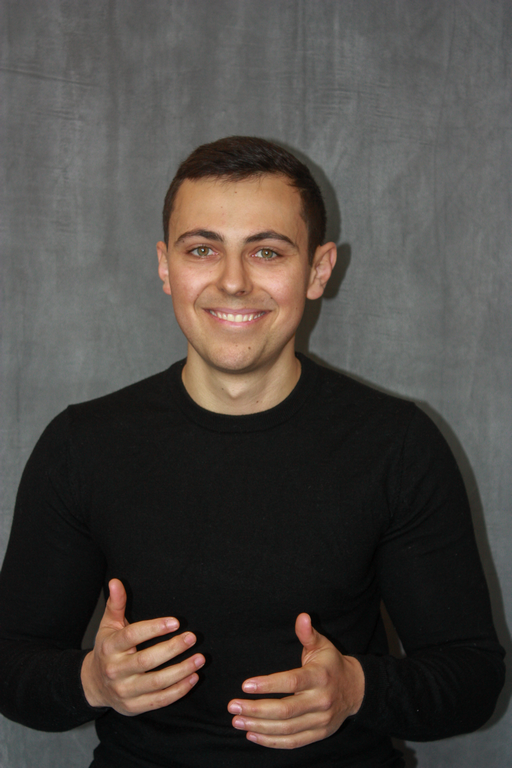
Mr. Leon Bach
University of Zurich
Website
My research focuses on emotional diversity and interpersonal fit. At the University of Zurich, I study how aligned emotional preferences among team members impact collaboration, cohesion, and performance. I aim to expand this research by examining the diversity of desired positive emotions within teams, developing interpersonal emotional fit among employees, and crafting strategies for leaders and team members to cultivate specific emotional experiences. Outside research, I enjoy playing board games or football with friends. B.Sc. in Psychology at the University of Ulm and M.Sc. in Industrial/Organizational Psychology at the University of Mannheim.
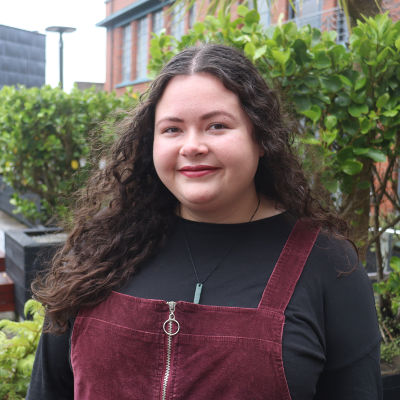
Ms. Terise Broodryk
Victoria University of Wellington
Terise is a PhD and clinical psychology student from Aotearoa New Zealand. Her program of research seeks to integrate theories of emotion regulation into conceptualisations of political phenomena, with her PhD specifically focusing on understanding the emotional mechanisms underlying conspiracy theory beliefs. Along the way to completing her PhD, Terise consistently gets distracted by her wide range of research interests and far too many side-projects across social psychology, including research about non-suicidal self-injury, mental health, political allyship behaviour, and horror movie fandom. Outside of university, she enjoys working backstage on theatre productions and travelling. Terise is extremely excited for the opportunity to travel to Switzerland to learn from the distinguished staff and fellow attendees at ISSAS 2024.

Ms. Friederike Busse
Ulm University
Website
I graduated in Psychology in 2023 and now work as a doctoral student in the field of psychological assessment, under the supervision of Oliver Wilhelm. Right from my bachelor's degree, psychometrics has been the most exciting domain for me. I am involved in projects related to cognitive abilities testing, most prominently fluid and crystallized intelligence as well as working memory capacity. Besides, I am interested in methodologies such as meta-analyses. I only began familiarizing myself with emotional intelligence. From a psychometric perspective to me the most challenging question is how to measure ability EI. I am planning to investigate the validity of a number of tests with an emphasis on cognitive-perceptual aspects of EI abilities.
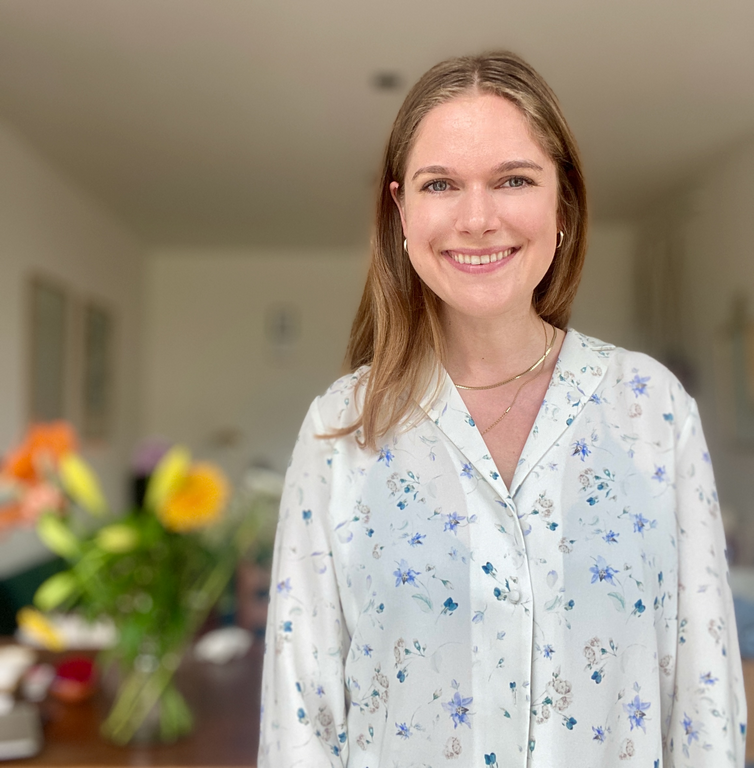
Ms. Sarah Cameron
Vrije Universiteit Brussel
I am a PhD student in the Work and Organizational Psychology research group at the Vrije Universiteit Brussel under the supervision of Dr. Joeri Hofmans. My PhD research, funded by the Flemish funding agency (FWO), is focused on the role of empathic accuracy and emotion perception in supervisor - employee relationships, and how these abilities differ across cultures and contexts. I am also a part of the Re-Connect project, a large-scale interdisciplinary collaboration researching emotional connectedness across different domains of life. In this vein, we are exploring diverse ways of capturing and analyzing dyadic emotion data. I hold a BA in Psychology from Queen's University in Kingston, Canada and an MSC in Business from the Vrije Universiteit Amsterdam.
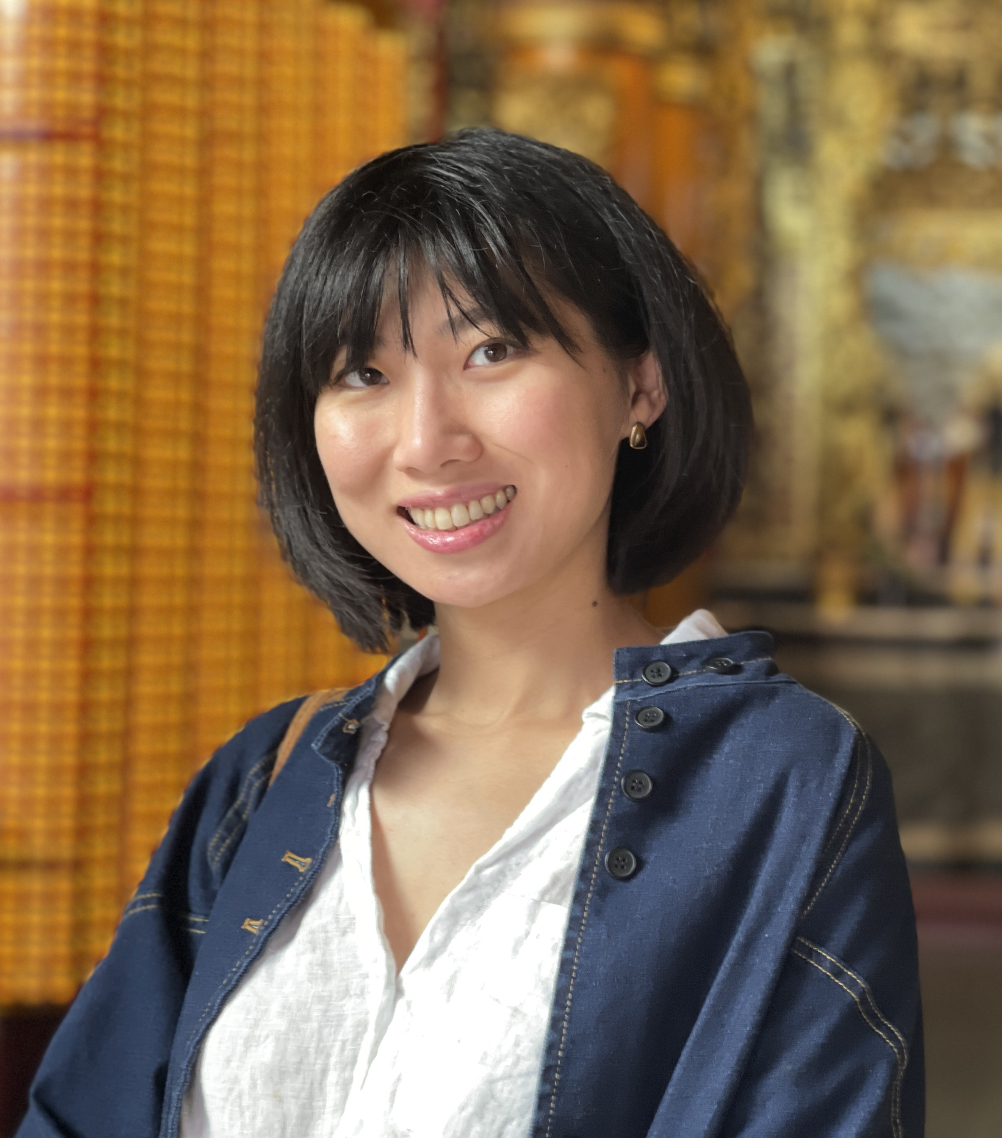
Ms. Yong-Qi Cong
University of Amsterdam
Website
I am a PhD student in Psychology at the University of Amsterdam. Prior to this, I have completed a Bsc in psychology from the University of Groningen and a Msc in Psychology from the University of Amsterdam. I am interested in emotion communication in the cross-cultural and developmental context. My PhD research focuses on the role culture plays in how we express and perceive emotions from others’ non-verbal expressions. Specifically, I investigate when and how emotion communication is impaired between expressers and perceivers from different cultural backgrounds. I use a variety of methods in my research including surveys, behavioral experiments, eye-tracking, meta-analysis, and longitudinal studies. To strike a balance between experimental control and external validity, I use both standardized and spontaneously produced emotion expressions as stimuli. Next to my PhD, I also conduct applied cross-cultural and intergroup relations research, for example, on the topic of perceived discrimination.
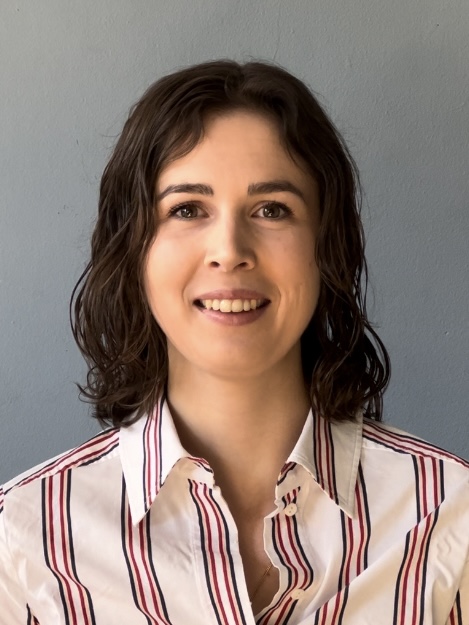
Ms. Monica de Jong
Ghent University & Vlerick Business School
Website
As a 4th-year external PhD student at Ghent University and Vlerick Business School, I find myself combining the best of two worlds. At work time, I navigate the skies as a flight attendant, and during my days off I try to understand (some aspects of) human behaviour. My doctoral studies delve into the realms of emotional intelligence and conflict management. Previously, I have looked at the effects of perceived levels of warmth and competence and its effect on conflict management effectiveness. Currently, I’m investigating the interplay between racial bias and emotional intelligence during conflicts.
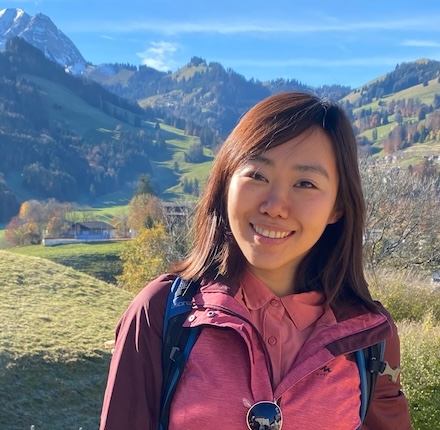
Ms. Jie Gao
EPFL & ETH Zurich
Website
Hi there, I'm Jie, a third-year doctoral researcher zigzagging through the worlds of philosophy and cognitive sciences. My mission is to cultivate and harvest the vibrant experiential landscapes of our youth. I do this by deeply engaging with issues that resonate with them, observing social phenomena as they naturally occur in the wild, crafting activities that foster a critical understanding of experiences from both first- and second-person perspectives, and modelling experiences in a scientifically rigorous way. Currently, I'm knee-deep in my thesis with a design-based research aimed to facilitate reflective dialogues in high schools in Romandy on stuff that matters (e.g., justice and care amidst rapid social, technological, cultural, environmental changes), and to describe learning in the emotional and awareness domains. When not busy redesigning experiences and grasping the normative forces and affordances, I’m out hiking, contemplating, where I occasionally serenade the mountains with a dash of bel canto!
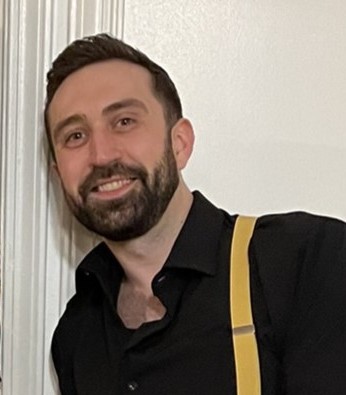
Mr. Jason Hawes
University of California, Riverside
Website
I am a PhD candidate in the Social/Personality Psychology program at the University of California, Riverside. My research focuses on the mind-body connection, particularly the benefits of mindfulness for mental and physical health and emotion regulation. Currently, I am exploring how mindfulness can buffer against impatience and foster more patient responses to impatience-inducing events. My goal is to develop simple, accessible interventions that promote healthier, more fulfilling lives centered on the present moment. In my free time, I enjoy exercising, spending time with family and friends, playing board and card games, watching movies, and playing video games.
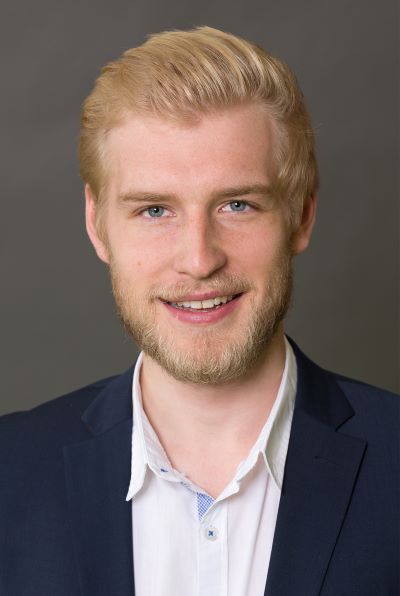
Mr. Christoph Heine
University Witten/Herdecke
I am currently a third-year PhD student at the personality psychology department at Witten/Herdecke University. I obtained my master’s degree in psychology from Ulm University in 2021. Under the supervision of Prof. Michael Dufner, my research primarily deals with individual differences in self-insight. One aspect of my research focuses on the motivational components driving the pursuit of an accurate self-image. As part of this, I investigate whether people who have a strong desire to know themselves well possess more accurate self-perceptions. Another project I am working on explores people's awareness of their own affective states, which is often considered an important socio-emotional ability. In this project, we tested whether individuals reliably differ in intrapersonal contingencies of subjectively experienced affect and facial muscle activity (measured via EMG) and how these contingencies relate to other individual difference constructs.
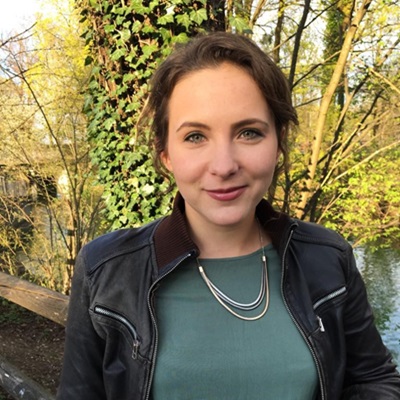
Ms. Eva Herzog
LMU München
Website
I'm Eva Herzog, a PhD candidate at LMU Munich's Chair of Clinical Psychology and Psychotherapy. My research centers on the intricacies of emotional intelligence, exploring its manifestations across various contexts, including its implications for mental health and sports psychology. I am deeply passionate about unraveling the complexities of human emotions and their impact on well-being. I look forward to connecting with fellow researchers and engaging in collaborative discussions to further our understanding of emotional intelligence and its applications.
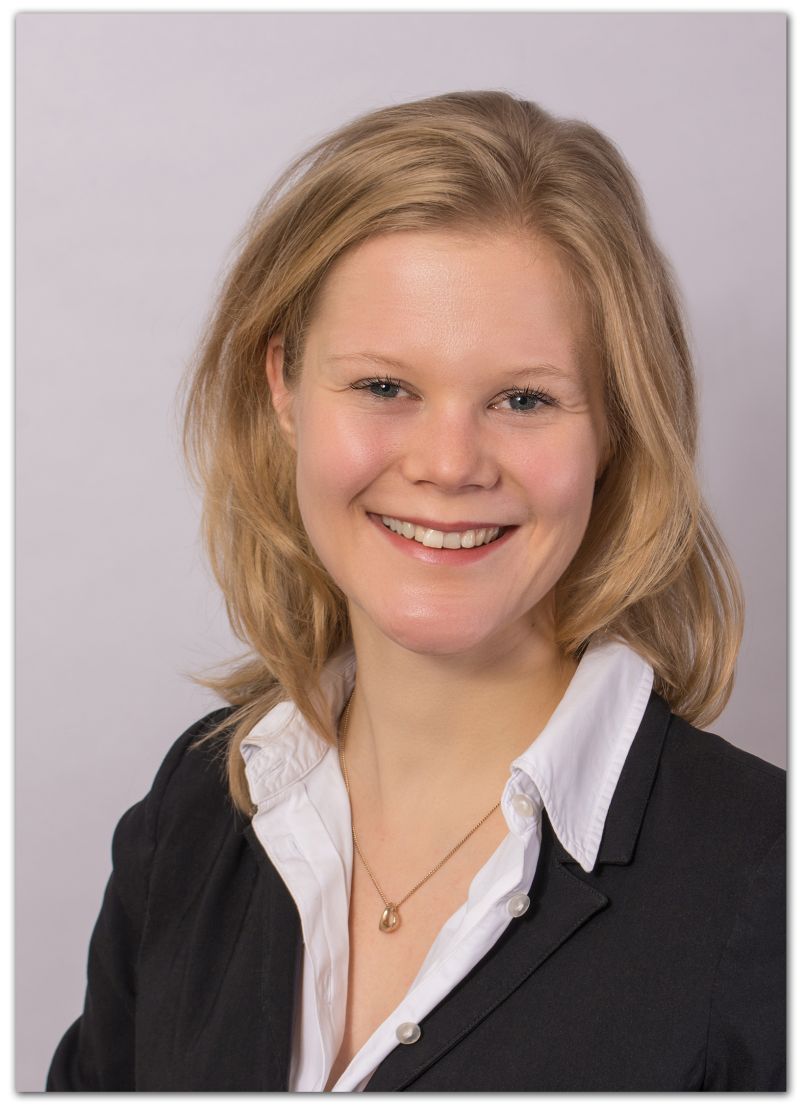
Ms. Katharina Hilger
University Groningen | LMU Munich | IPN Kiel
Website
I am a PhD student in my fourth year of a double doctorate program at the University Groningen (Netherlands) and the LMU Munich (Germany). My research focuses on emotional development in adults in the work setting. I have spent the past years researching the development of emotional competencies in relation to age, work tenure, and life emotional experiences with a specific interest in emotion regulation. Using methods such as multilevel modelling, latent change score modelling, and multilevel latent profile analysis we analyzed our longitudinal data to gain insight into the mechanisms behind emotion regulation competencen in adulthood. What drives me is to understand which factors contribute to individuals becoming emotionally competent, why some individuals exhibit greater competence, and how we acquire such knowledge and competence from affective events.
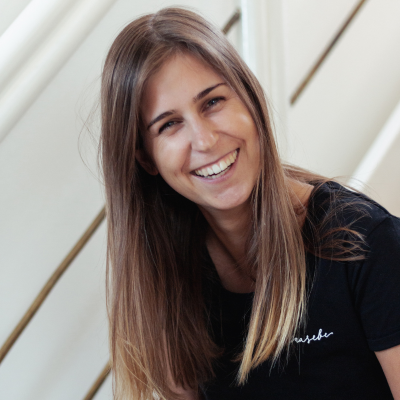
Ms. Tereza Hruskova
Masaryk University, Brno
Website
I am a Ph.D. student in General Psychology at Masaryk University, Czech Republic. My research focuses on “Seeking psychological help: Stigma, barriers, and possible online interventions inhibiting avoidance of seeking help,” targeting the key issues surrounding why people do not seek psychological help when needed. It all began with the establishment of a non-profit organization, Kpsychologovi.cz, aimed at facilitating access to suitable psychologists or psychotherapists while actively combating the stigma associated with seeking psychological help. There, I encountered the everyday struggles of individuals afraid to seek psychological help due to stigmatization, barriers, and attitudes. Beyond my academic pursuits, I work as an independent Cognitive-Behavioral therapist, specializing in emotion-related issues.
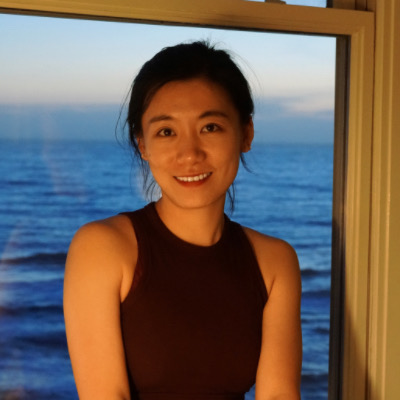
Dr. Danfei Hu
Hebrew University of Jerusalem
My name is Danfei Hu. I am currently a postdoc in the Psychology Department at the Hebrew University of Jerusalem. I study emotion regulation, with a focus on understanding how different aspects of motivation operate in the process of emotion regulation and their downstream consequences for mental health and well-being. I love traveling and I have a French Bulldog.
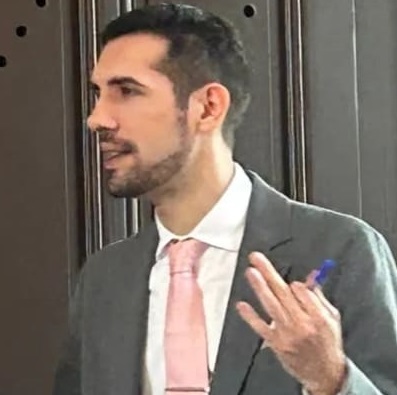
Dr. Steve Humbert-Droz
University of Geneva
Website
I am a philosopher of Mind interested in imagination, intelligence, emotions, and aesthetics. I am granted a postdoc.mobility fellowship with the SNSF for two years (2024-2025 at the University of Umeå; 2025-2026 at the Universidad Autonoma de Madrid) My Postdoctoral project, “Intelligence Through the Eyes of Imagination”, possesses a twofold aim: understanding the desiderata for human intelligence by using conceptual tools used for the notion of imagination and understanding the strong relationships between imaginative mental states and the (so-called) kinds of intelligence. I wrote my PhD dissertation on a taxonomy of imaginative mental states. Using the notion of psychological modes, I identify two modes of imagining: Sensory and Cognitive imaginings. My taxonomy aimed at distinguishing secondary senses of imagining (such as being creative or supposing) from the first senses of imagining (unified under a similar type of attitude).

Ms. Olivia Karaman
University of California Riverside
I am a rising third-year graduate student in the Social/Personality Psychology PhD program at the University of California, Riverside. My research aims to understand how our thoughts, feelings, and predictions about psychologically distant entities (e.g., the future, other people) influence one’s emotional experiences. I hope to use this knowledge to better understand how people can regulate their emotions more effectively. I also intend to examine what motivates people to regulate their emotions and what factors contribute to a person’s ability to regulate their emotions if they are motivated to do so. Ultimately, I aspire to bring to light ways to take charge of one's emotions so that humans can lead healthy, happy, fulfilling lives. Outside of work, I enjoy eating sweets, spending time with interesting people, going on adventures, listening to music, getting lost in a good book or TV show, taking photos, and having a good laugh.
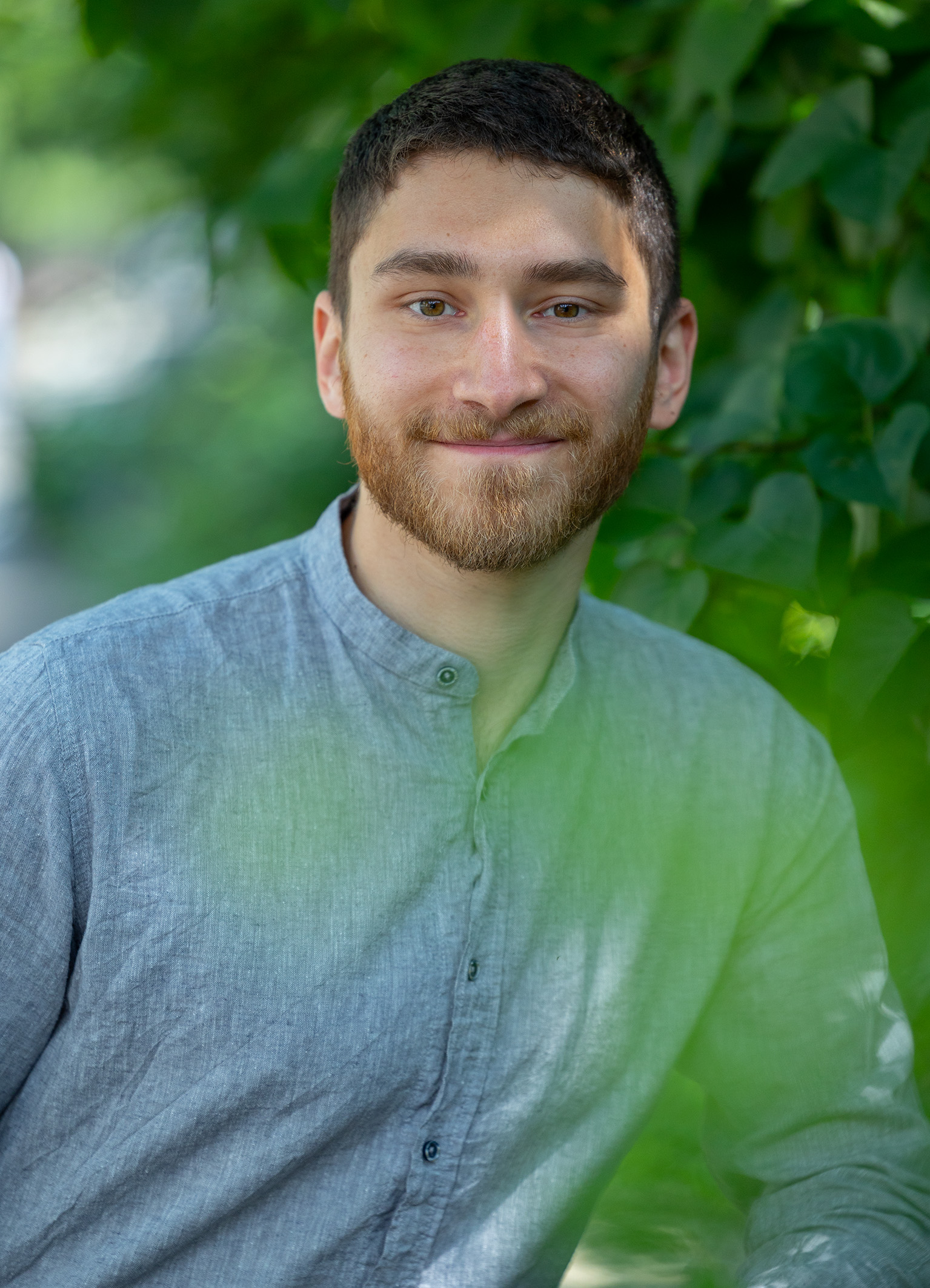
Mr. Morris Krainz
University of Geneva
Website
Morris Krainz is a PhD candidate at the Consumer Decision and Sustainable Behavior Lab. He is a member of the SWEET PATHFNDR project, where he investigates attitudes and public acceptance of renewable energy policies. His research aims to understand the evolution of these attitudes over time and in response to information. Aiming to refine informed citizen panels, Morris seeks to enhance public understanding of the impacts of renewable energy policies. Specifically, he focuses on understanding how information on different policy impacts elicits distinct emotions, how these emotions are linked to public acceptance and how these processes develop over time. The project's ultimate goal is to identify barriers and facilitators of public support towards renewable energy policies. In his free time, Morris enjoys football, running, hiking, and relaxing by the lake.
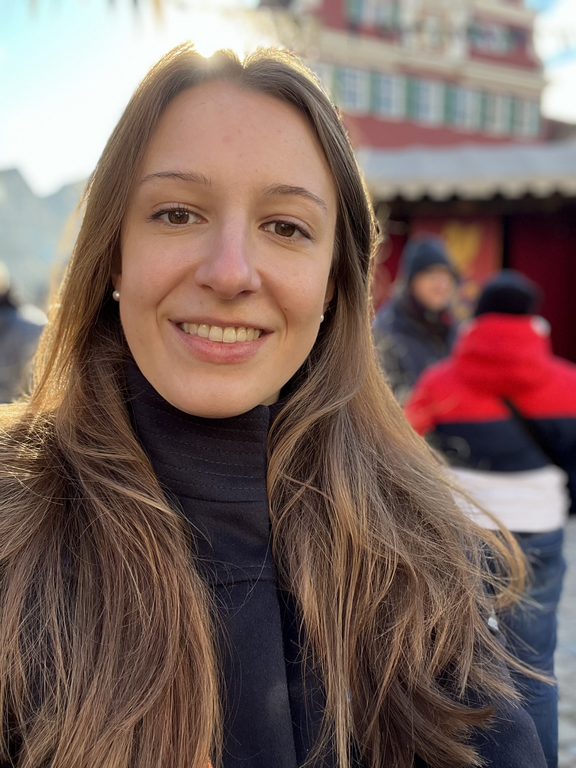
Ms. Sofie Labat
Ghent University
Website
I am a PhD student at the Language and Translation Technology Team (LT3) of Ghent University, supervised by Prof. Thomas Demeester and Prof. Véronique Hoste. My research is situated in the field of natural language processing (NLP) and focuses on artificial emotional intelligence. More specifically, I investigate how we can build machine learning systems that can detect human emotions in interactions and respond in a socially desirable way. Some of my prior work interests include the automatic detection of emotions and their progressions in conversations, the role of emotions and empathy in human-computer interaction (incl. social robots), social biases in data and machine learning models, modeling the expression of coping strategies and re-appraisals in human language, perspectivism (or the integration of diverse perspectives) in datasets and machine learning models.
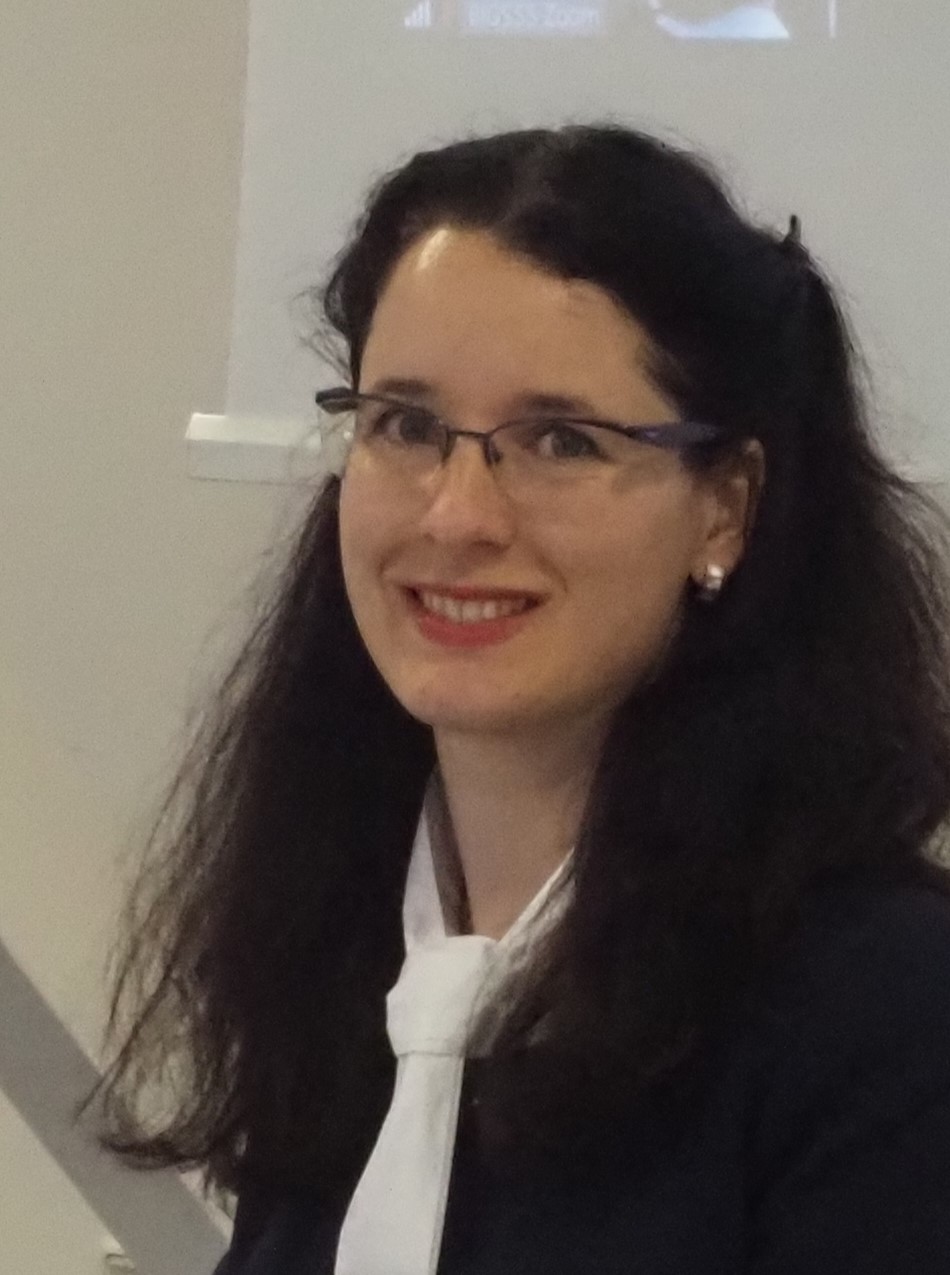
Dr. Ekaterina Lytkina
University of Bremen, SOCIUM Research Center on Inequality and Social Policy
Website
I am a Postdoctoral Researcher in Social Psychology and Sociology, with a focus on the impact of emotions on political decision making, particularly, populist attitudes and voting. My research has been devoted to the role of emotions in explaining why people facing injustice, including perceived relative deprivation, with particular personality characteristics turn to populist ideas and decide to support populists. In a new project (I start working on the proposal in the fall), I plan to use theories of emotional intelligence, emotional regulation and coping to understand how we can prevent people from adopting populist views when facing issues of injsutice and being moved by emotions (and propose interventions). My research interests include emotions (I employ appraisal theories of emotions), coping, individual differences in emotional experience, how personality and context affect emotional experience; percieved injustice, populism, social cohesion, experimental research, comparative social research, research methods.
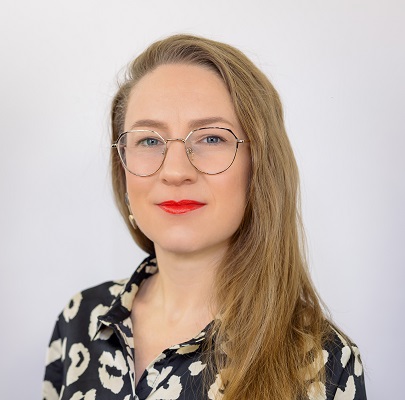
Ms. Maroussia Nicolet-dit-Félix
University of Neuchâtel
Website
I am currently a doctoral student at the Centre for Cognitive Sciences at the University of Neuchâtel. My thesis explores the mechanisms mediating the relationship between emotional intelligence and subjective well-being. More specifically, I'm investigating whether emotion-related reactivity, regulation, memory and narrative processes can explain why emotionally intelligent people are happier. In particular, my research aims to determine whether the positive relationship between emotional intelligence and well-being is mediated by an increased reactivity to positive emotions, a enhanced recall of positive stimuli, a finer description of emotionally charged events and a better retrieval of them. At the same time, I'm working as a scientific collaborator at the Swiss Federal University for Vocational Education and Training. I'm working on an SNSF project exploring the hypersensitivity of emotionally intelligent people. The aim is to test whether emotionally intelligent people process emotions more sensitively. The results will help us understand whether emotional intelligence is a curse or a blessing, and why.
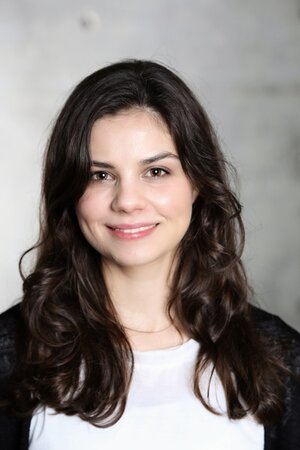
Ms. Christina Nill
University of Bonn
Website
I am a PhD student in the Department of Work, Organizational and Business Psychology at the University of Bonn, Germany. In my research, I focus on the link between emotional intelligence and career success. The aim is to identify work situations in which the ability to recognize emotions in others is an advantageous skill and those where it is either unnecessary or even counterproductive.
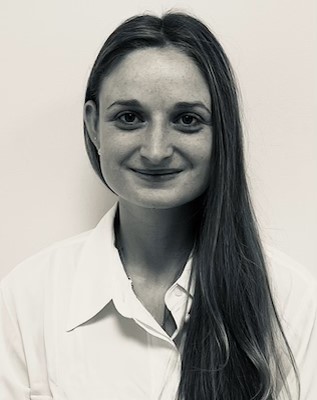
Ms. Isabelle Rambosson
University of Geneva
Website
I am a 2nd-year psychology PhD student in the field of affective psychology and neuroscience at the Swiss Center for Affective Sciences (CISA) and the Faculty of Psychology and Educational Sciences of the University of Geneva. I obtained my master’s degree in affective and cognitive psychology in 2021 and I am currently working on the brain mechanisms of anticipation and prediction in prematurely and term-born infants.

Ms. Réka Rendes
University of Pécs
I studied cognitive and evolutionary psychology at the University of Pécs, where I am studying for my PhD in psychology under the supervision of Dr. Anita Deák. My main interest of research is affective psychology and affective neuroscience with a focus on emotion regulation, wellbeing and affective functioning (e.g. emotional intelligence and awareness). During my masters, I gained experience in functional MRI methods due to studying the neural basis of affective processes and its relationship with the behavioral and subjective level of emotions. In my doctoral work, I focus on including qualitative and other psychophysiological methods to learn about the underlying mechanisms and connected processes of emotion regulation. In particular, I aim to assess not only the dynamic changes of physiological measures (e.g. skin condunctance and heart rate variabilty) during emotional episodes, but also one’s individual life stories through in-depth interviews in relation to affective functioning.
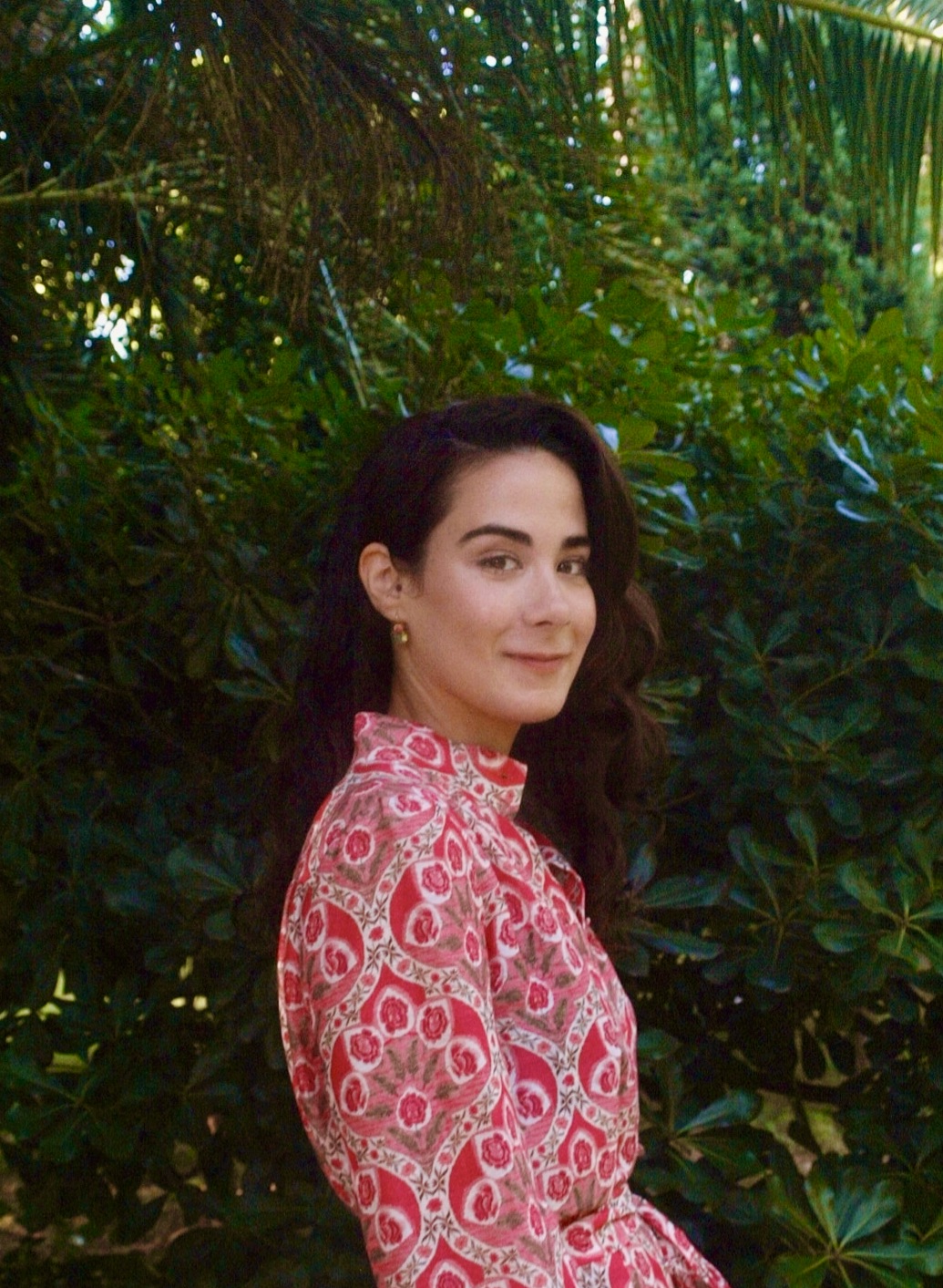
Dr. Andrea Rivadulla Duró
Univeristé de Genève
I am a philosopher working at the intersection of the philosophy of mind and cognitive science. I am currently a postdoctoral research fellow in the Thumos research group at the Swiss Centre for Affective Sciences (CISA). My research focuses on the role of representational formats in eliciting and regulating emotions. I earned my PhD in philosophy from the University of Barcelona in 2022, as part of the LOGOS Research Group in Analytic Philosophy, where I previously obtained a Master's in Analytic Philosophy. From the outset of my academic career, I was clear about pursuing an interdisciplinary approach to the mind. This led me to obtain both a BA in Philosophy (Universitat de Barcelona) and a BS in Psychology (Universitat Autònoma de Barcelona). My philosophical work is informed by empirical findings and aims to engage with and contribute to debates in the sciences of the mind.
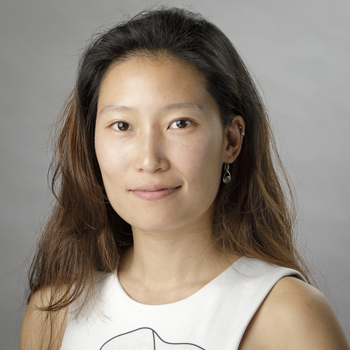
Ms. Gayoung Son
Institute of Psychology, University of Bern
I started my doctoral studies in March 2024 at the University of Bern after finishing my studies in Clinical Psychology at the University of Basel. I investigate patterns of behavior in social interactions using novel virtual reality (VR) techniques, focusing on how social behavior is associated with variables related to psychopathology. My research enables a detailed examination of the dynamics of social interaction and interpersonal communication through the assessment of behavioral markers, e.g., amount of eye contact, smiling and interrupting behavior. My goal is to better understand basic human interaction behavior and it's relationship to psychological traits, as well as to explore the potential and limitations of this new VR technique. To this end, the first study of my doctoral research assessed social interaction in VR by examining gaze and speech behavior, as well as facial expressions (e.g., smiles), during naturalistic conversations in dyads.
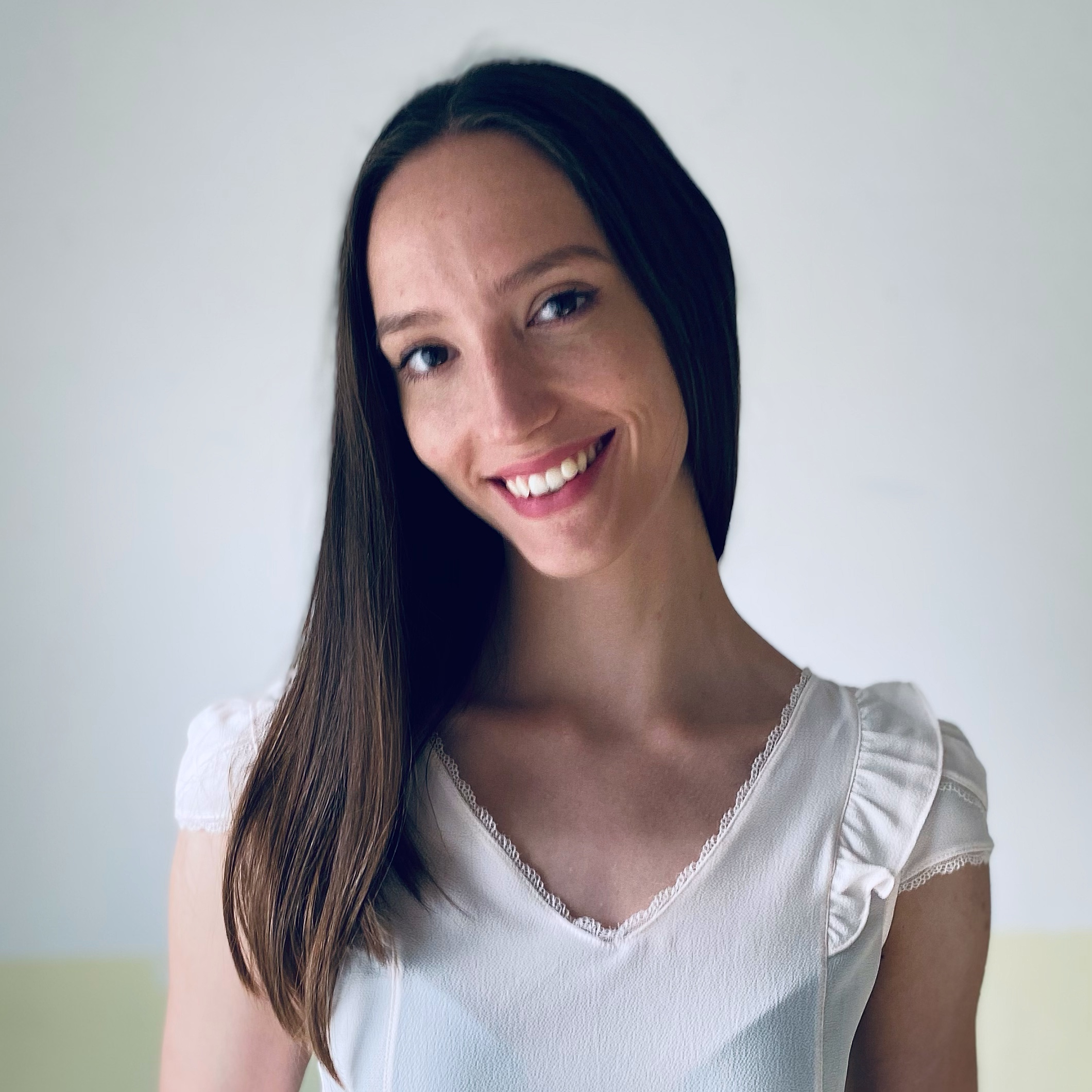
Ms. Kristina Sparemblek
University of Primorska
Website
I am a MSc student in Psychology from Slovenia, currently conducting my thesis research in the Social Interaction Lab at Queen's University Belfast. Under the supervision of Dr. Magdalena Rychlowska, my work focuses on the impact of pacifier use on mother-infant emotional interactions through the lens of sensorimotor simulation. As a research assistant at the Jozef Stefan Institute, I contributed to an innovative project integrating virtual reality, empathy, physiological measurements, and machine learning. Additionally, I hold a MSc degree in Biopsychology, with research centered on heart rate variability during sleep. I am also part of the organizing team for this year's ISRE conference in Belfast. My broad academic interests drive my passion for interdisciplinary collaborations, which I aim to continue by pursuing a PhD. I look forward to learning from established researchers at ISSAS 2024!
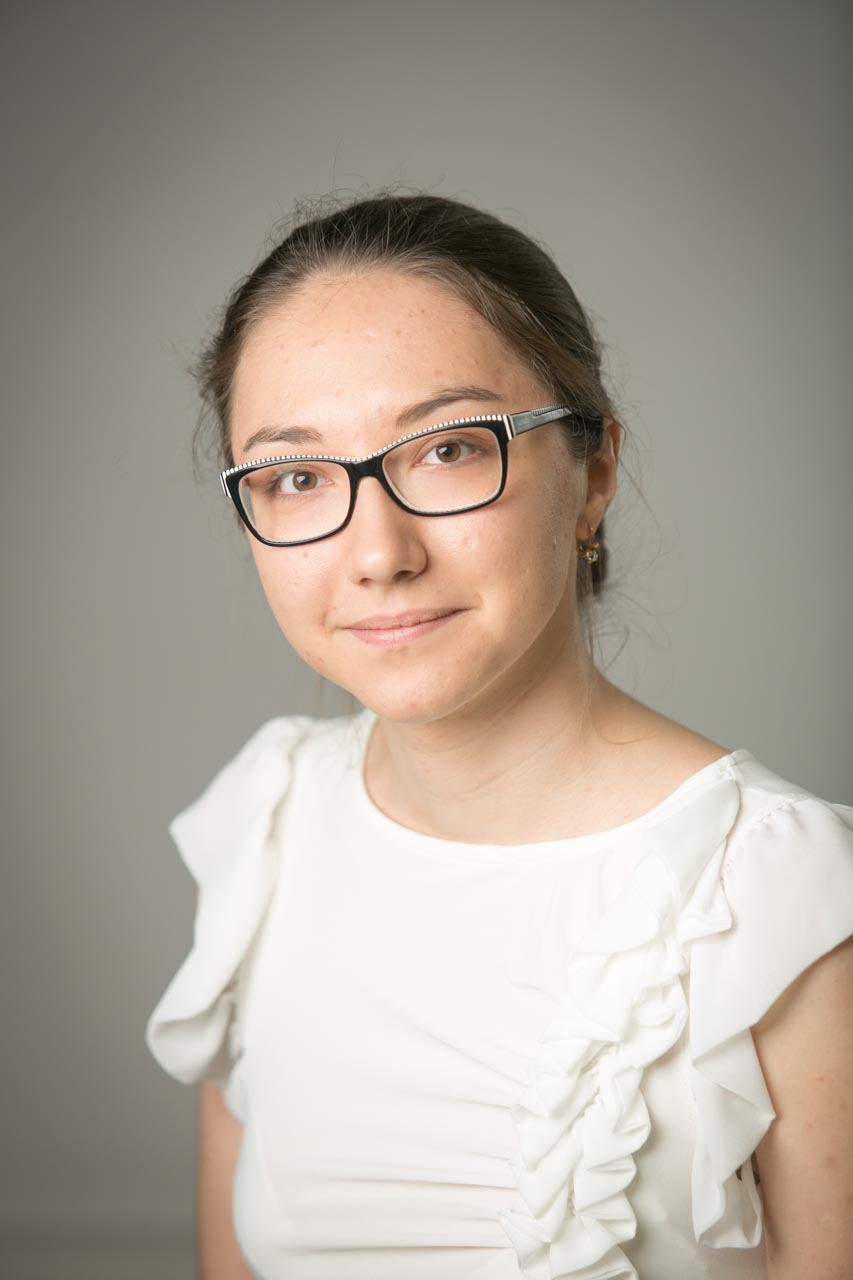
Ms. Evgeniya Vedernikova
Tilburg University
Website
Evgeniya Vedernikova Tilburg University I am doing my PhD at Tilburg University, the Netherlands at the School of Social and Behavioral Sciences. My work is focused on the interdisciplinary topic of investigating within-person emotion experiences and how to improve the accuracy of emotion measurement in well-being. I hold an undergraduate degree in psychology from the University of Lille, France and a research master’s degree in psychology from KU Leuven, Belgium.
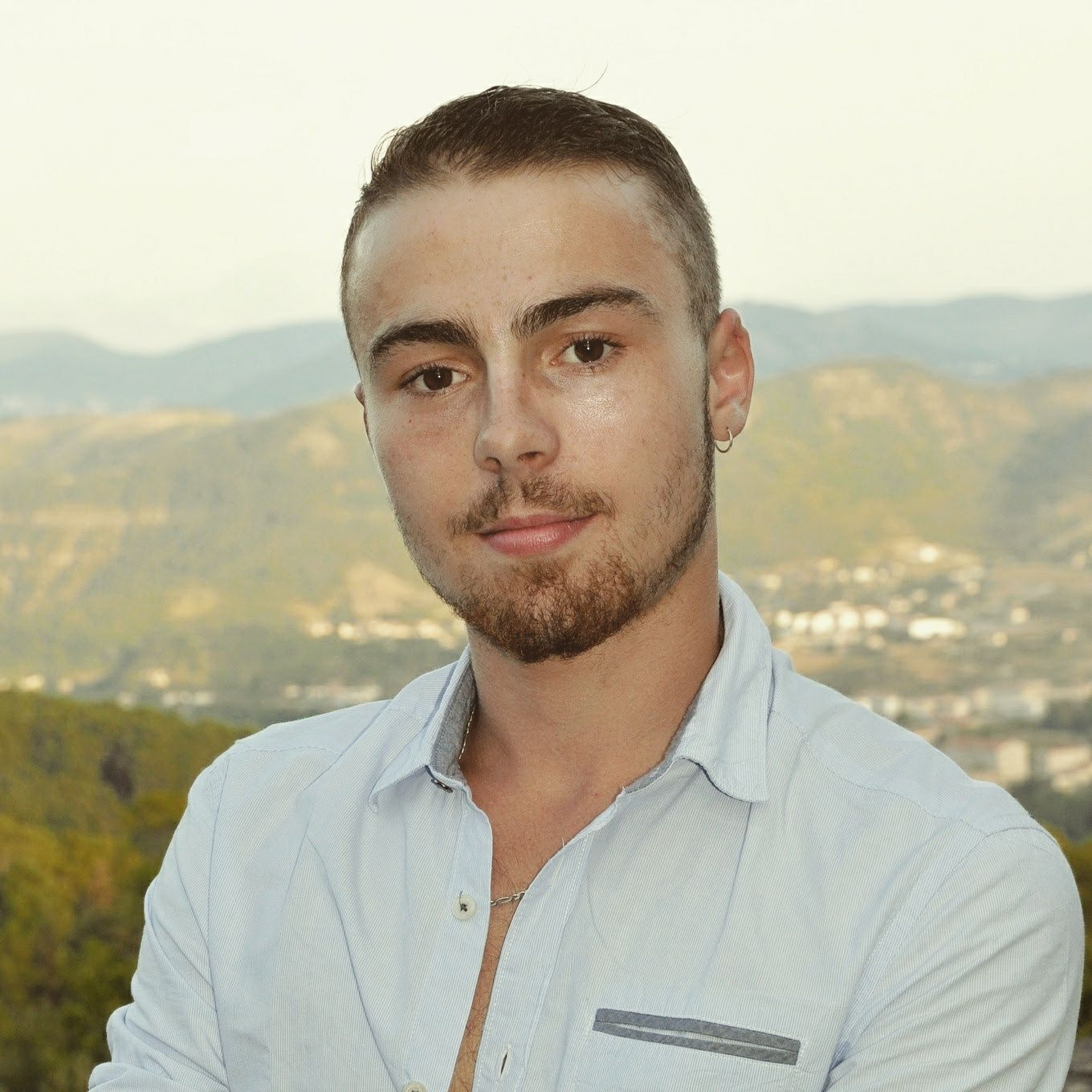
Mr. Adrien Wittmann
Université de Genève
Website
I am a PhD student at the Swiss Center for Affective Sciences, University of Geneva. I hold a M.Sc in Cognitive Sciences, a M.Sc in Research in Psychology, and a B.A in Psychology. I am currently studying the integration of non-verbal (prosodic) and propositional emotional information within language in a neurobiological perspective, with the support of the NCCR Evolving Language
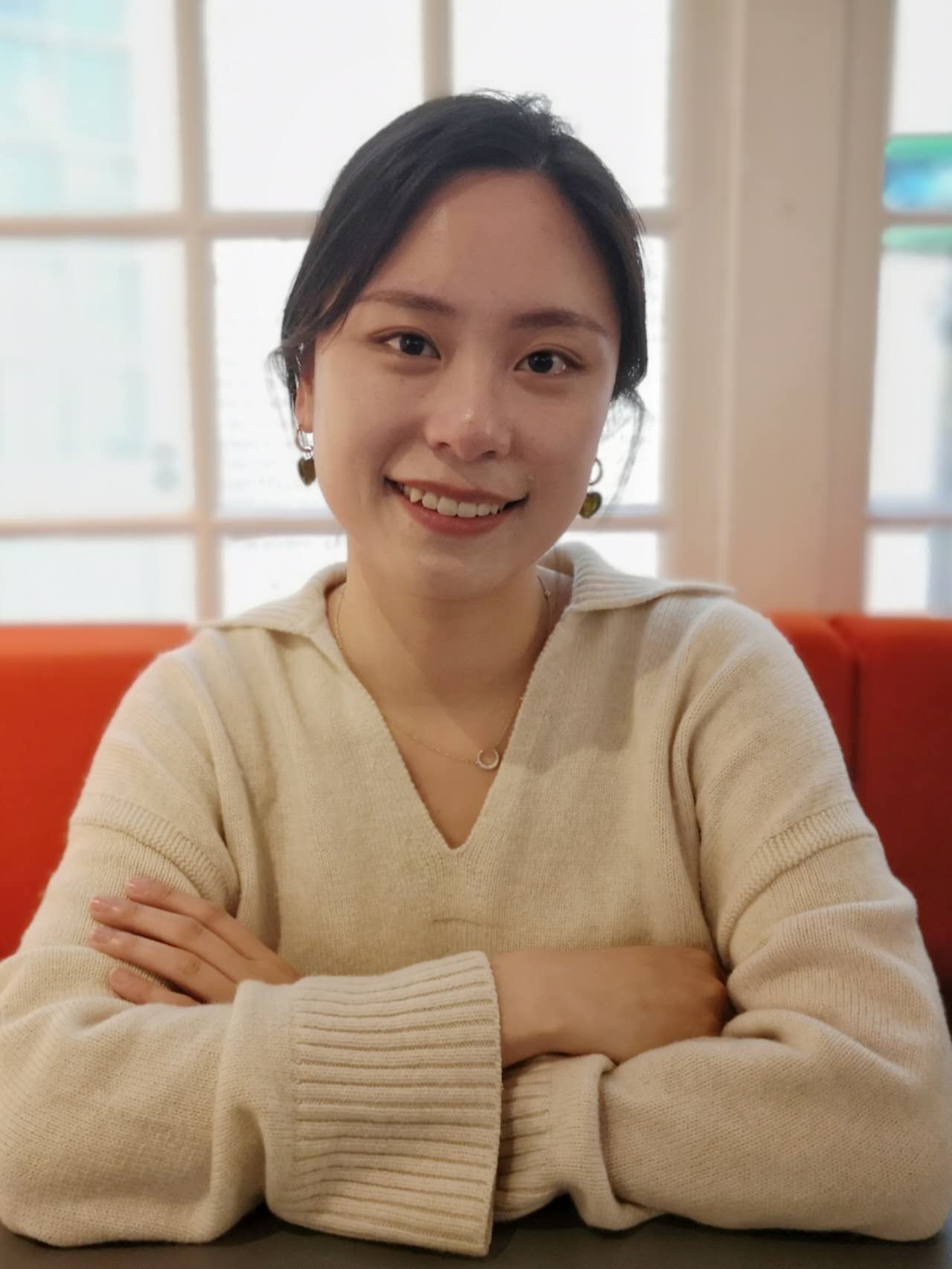
Ms. Hester Xiao
The University of Sydney
Website
I am a PhD candidate under supervision of Associate Professor Carolyn MacCann and Dr. Rebecca Pinkus in the School of Psychology at the University of Sydney. I hold a Master of Philosophy (Psychology) from the University of Sydney and a Bachelor of Social Sciences from The University of Hong Kong. My research interests lie in emotion regulation (intrinsic and extrinsic) and emotional intelligence in interpersonal contexts. My MPhil work has investigated the associations between emotional intelligence and intrinsic emotion regulation processes through meta-analysis. In my PhD, I use intensive longitudinal dyadic designs to examine the interpersonal effects of extrinsic emotion regulation in dyads. Specifically, I studied how extrinsic emotion regulation linking emotional intelligence and relational experience in romantic couples and the reciprocal influence of emotion regulation behaviours within couples. I am also interested in motivations/goals of emotion regulation.
